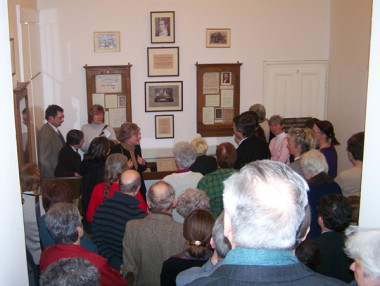Liszt and Carl Maria von Weber
Among his immediate predecessors Franz Liszt had the most regard for Beethoven, Schubert and Weber.

From his youth onwards Liszt played piano works by Weber in his concerts and taught them to his students; , the "Konzertstück" and "Aufforderung zum Tanz" (Invitation to the Waltz) were extremely successful programme items of his virtuoso years. At his debut as a conductor (Pest, 11 January 1840) Liszt conducted, apart from the overture to Mozart's "Die Zauberflöte" (The Magic Flute), also the overture to Weber's "Oberon". Of this latter as well as of the overture to "Der Freischütz" and the "Jubelouverture" Liszt made later on arrangements for the piano. Liszt considered Weber, as he expressed it in his writings, as one of the creators of the German operatic style, and as the forerunner of Wagner. Besides arrangements, transcriptions and free arrangements by Liszt of other works by Weber, we should underline the importance of the critical edition by Liszt of Weber's sonatas and other piano works published by the Stuttgart publishing house Cotta. These pieces, similarly to Liszt's transcriptions of other works by Weber, were happily included by Liszt's students in their repertoire too. The exhibition by the "Liszt Ferenc Memorial Museum" illustrates in a biographical context Liszt's wide-ranging intellectual reflections of Weber's oeuvre.



